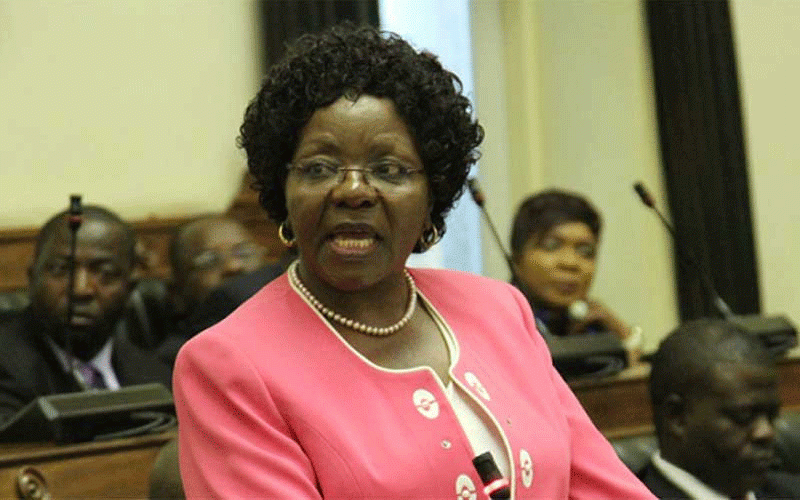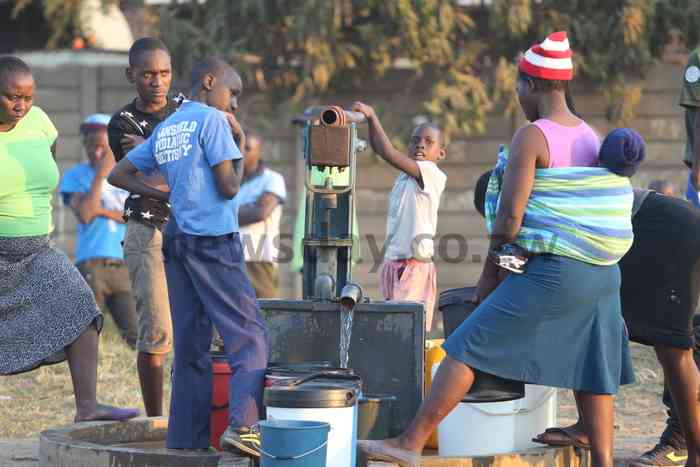
FOREIGN nationals running tuckshops and wholesale businesses without permits risk arrest, Industry and Commerce minister Sithembiso Nyoni has warned.
She made the remarks during a tour of the businesses located in downtown Harare on Monday where she warned the foreigners that government would not hesitate to apprehend them for illegal operations.
Addressing journalists after the tour, Nyoni said some of the foreigners were working without proper documents.
“This is unacceptable, who gave you the authority to work without legal documents. You are breaking the country’s laws,” Nyoni said.
Foreigners from countries such as Nigeria, Ghana, DRC, Somalia, Mozambique and Zambia among others, operate most tuckshops in Harare.
The minister also questioned relevant officials why a refugee from the Democratic Republic of Congo was operating a tuckshop without proper documents.
“Why do you permit them to work because this is a reserved sector? So, how did they get the right to work in the reserved sector?” she asked.
The reserved sectors include transport (passenger buses, taxis and car hire services), retailing, wholesaling, hair salons, advertising agencies, estate agencies, grain milling, bakeries, tobacco grading and packaging and artisanal mining.
- Mbavara eyes to resurrect Matavire’s music legacy
- Zim exiles panic over SA permits
- Zim exiles panic over SA permits
- Social media platforms should act on hate speech
Keep Reading
Tuckshop Owners Association representative Chamunorwa Mukova confirmed that foreigners own most of the shops in downtown Harare.
“Yes, we as Zimbabweans just rent the shops, but looking in the background foreigners are the ones who own the shops because some had inherited them from their family members,” he said.
Meanwhile, Nyoni also warned informal retailers against trading exclusively in US dollars while shunning the local currency.
Informal traders have often been accused of fuelling the rise of the parallel market rate.
“Retail is a reserved sector for Zimbabweans but we are not closing foreigners out, there is a threshold that they must comply with. If you are below that threshold you are breaking the laws of Zimbabwe,” Nyoni said.











